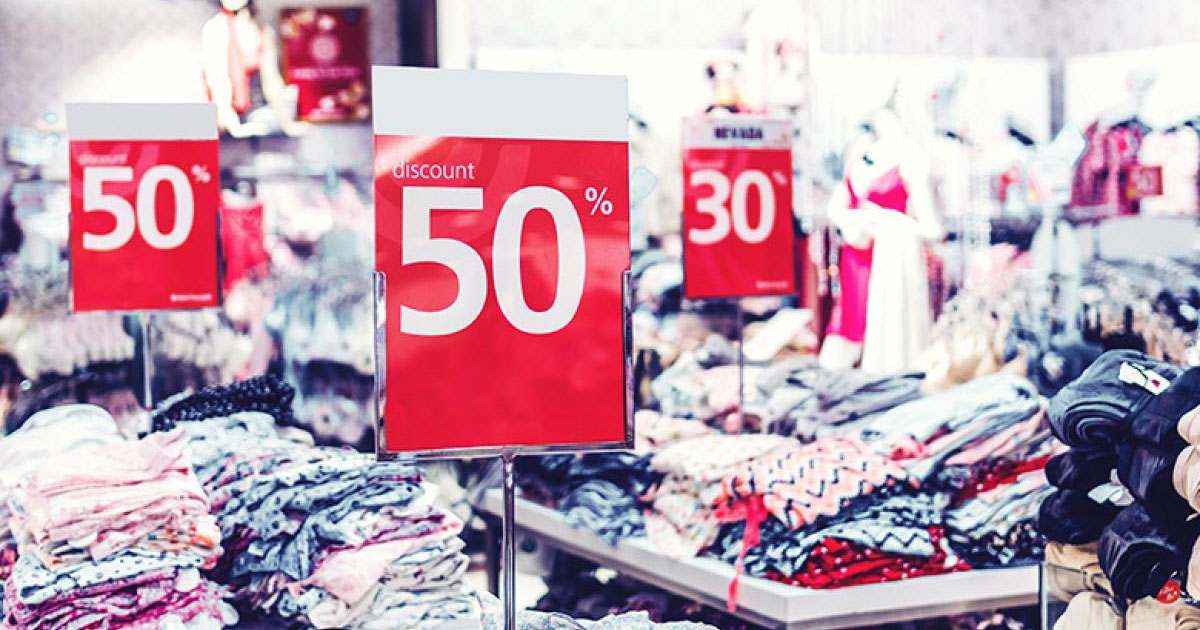
Q&A: Preparing for the Holiday Shopping Season
By Lorne Fultonberg, University of Denver
Reprinted with permission from the University of Denver Newsroom.
Businesses that rely on the holiday shopping season to buoy their bottom lines have their work cut out for them this year. The COVID-19 pandemic threatens to inject uncertainty into an already unsteady year for the private sector.
Before shoppers make a dash for holiday meals and deals, the DU Newsroom asked Jack Buffington, program director and assistant professor for supply chain management at the Daniels College of Business and University College, what the season has in store.
What challenges does the supply chain face in “ordinary” (non-pandemic) years? What obstacles has COVID introduced?
In both ordinary and COVID years, the holiday season is about matching supply and demand through the season’s forecast and execution. That’s in terms of production, logistics, distribution and retailing.
In ordinary times, supply chains deal with slight deviations to the forecast in either supply or demand, depending on the item, and likely it is more demand than supply. This year, in the COVID world, there is significant volatility in both supply and demand, making the entire model very difficult to manage and run.
How will the food supply and online grocery shopping be affected this year?
Beyond minor blips in supply for certain items, there shouldn’t be a significant impact. Manufacturers, retailers and distributors have adjusted for the volatility that started in March by carrying more inventory, meaning fewer stock outs, but higher prices due to carrying costs.
How will holiday shopping be affected?
Kind of the same as the grocery supply, with one exception: Quite a few retailers are struggling to stay in business, and they usually rely on the holiday season to make a profit (i.e., Black Friday). You can bet that they will have enough inventory to make any sale possible, but might carry a smaller variety of items to reduce costs while trying to do so. As you’ve noticed, retailers have moved the selling season forward so they, rather than their rivals, get your holiday dollars.
How can consumers best prepare for this holiday season?
For food and grocery items, relax and don’t panic about stores running out of stock. Don’t hoard, as this becomes a waste of money and leads to a demand panic if too many people do it. For presents, take your time in purchasing, as retailers will offer bigger sales if and when they miss their sales targets.
-
April 15, 2024
DU Supply Chain Expert Sets Forth Climate Change Solutions in New Book
A new book from Supply Chain Management Program Director Jack Buffington tackles the immense problem of climate change with some innovative thinking.
-
April 2, 2024
New Industry Certification Programs Build Skills Fast
University College’s online industry certification courses quickly teach job-relevant skills leading to in-demand certifications.
-
March 27, 2024
Denver Airport Spokesperson Credits her Communication Management Master’s
Ashley Forest's master's degree in Communication Management from University College propelled her career to new heights.
-
March 5, 2024
Nanette Lockwood Takes Big Swings at Fighting Climate Change
Nanette Lockwood has held high-level positions advocating for better environmental laws and regulations in the U.S. and abroad. Now she's equipping new professionals to do even more.